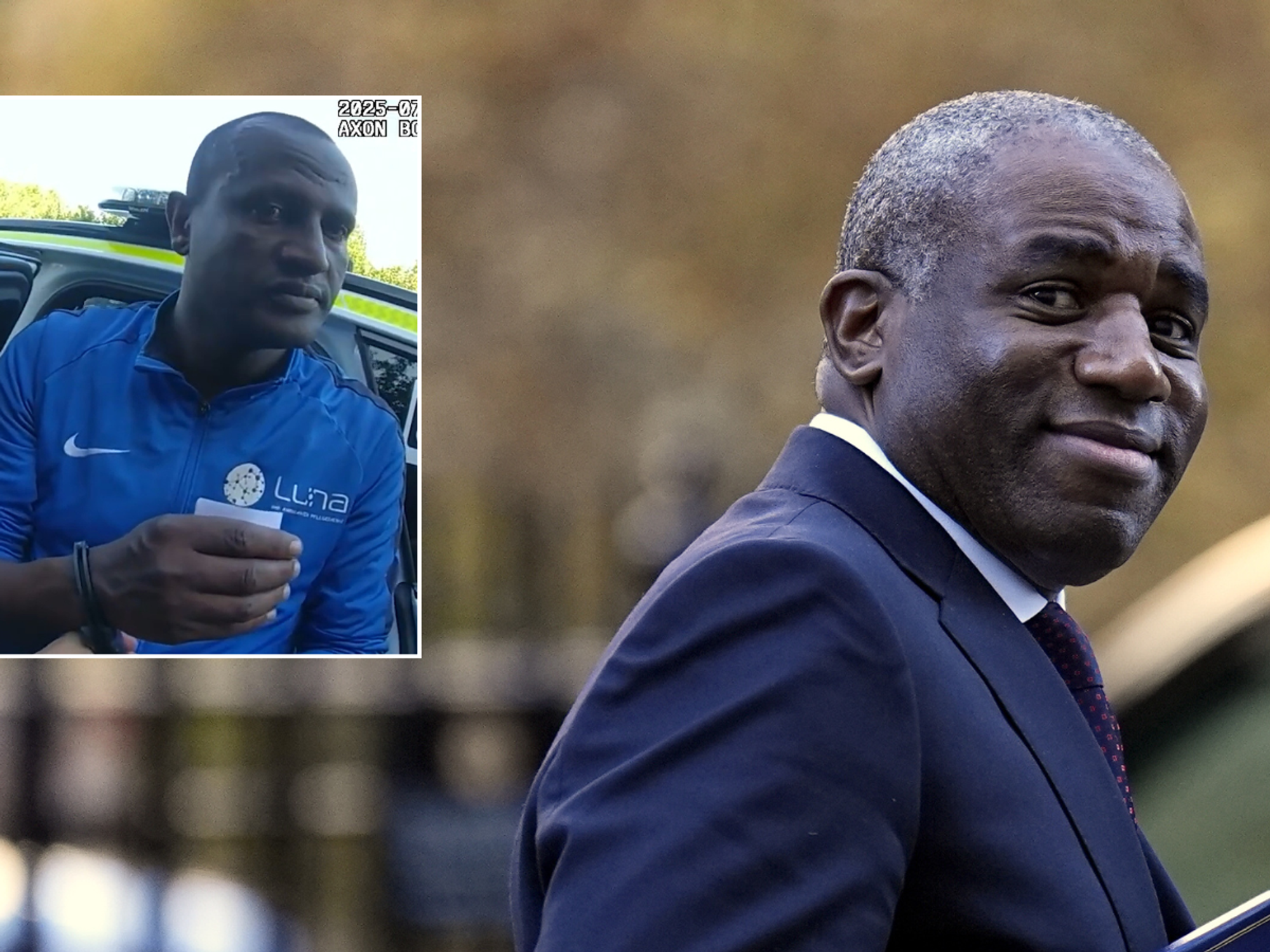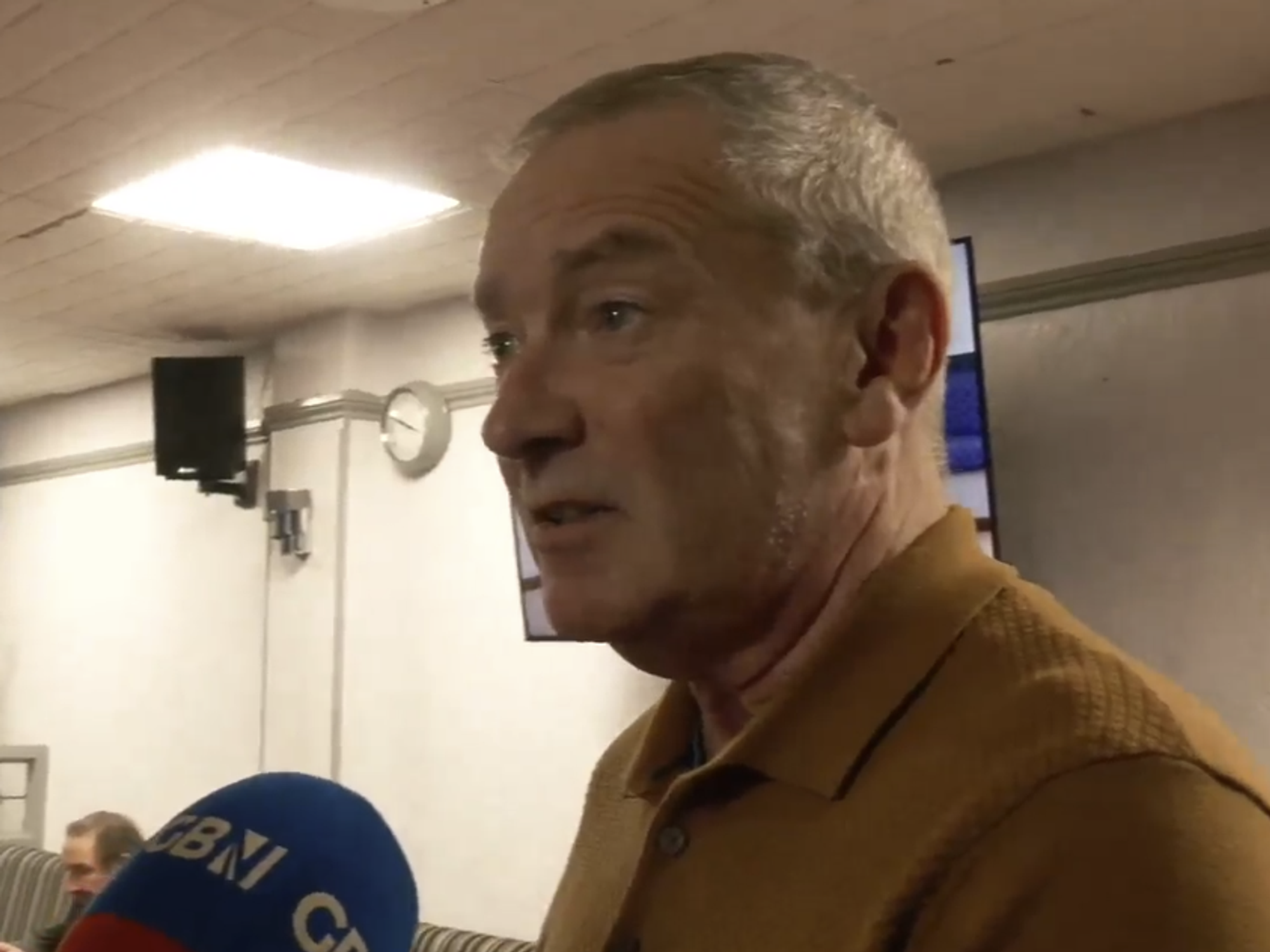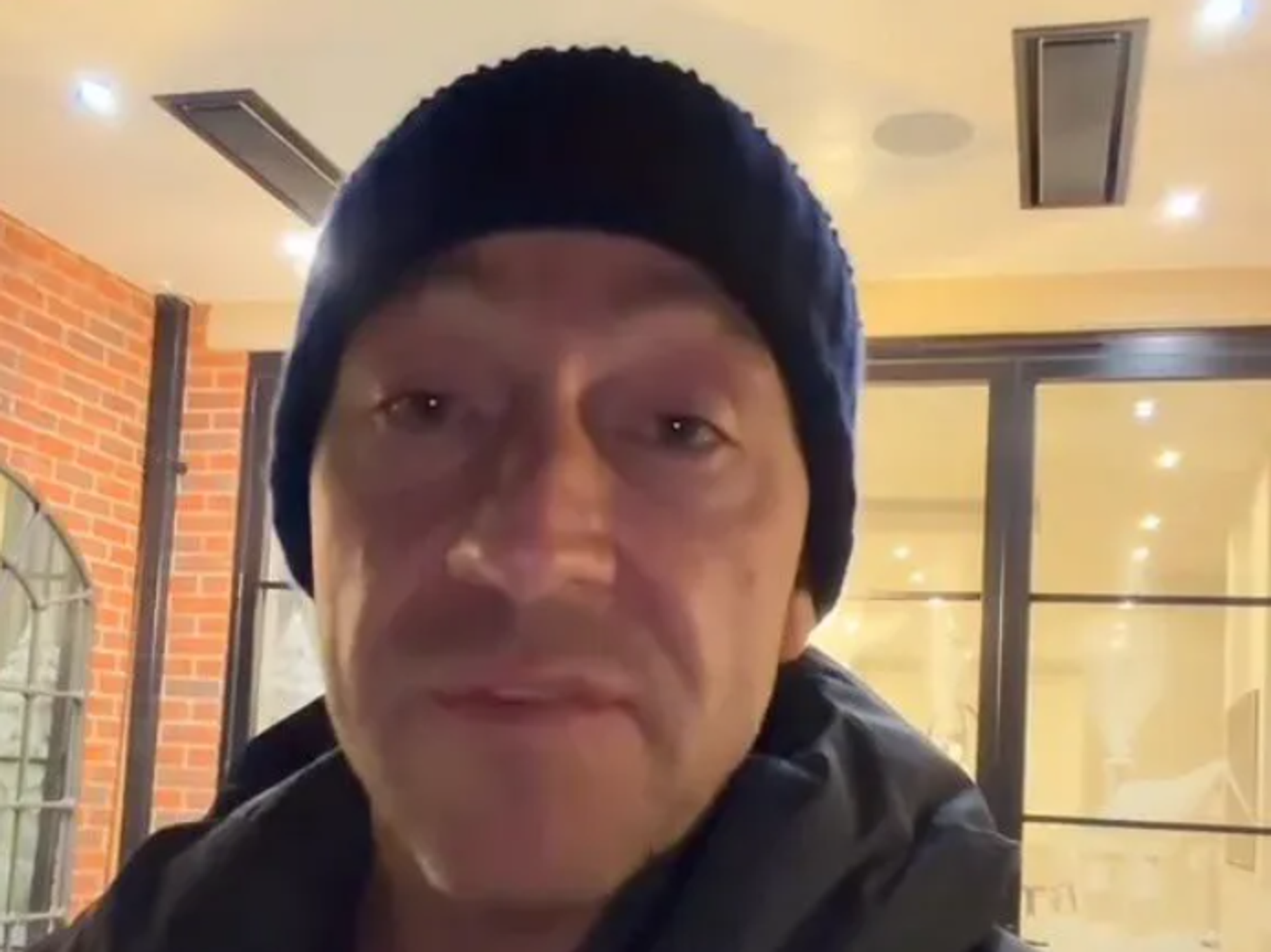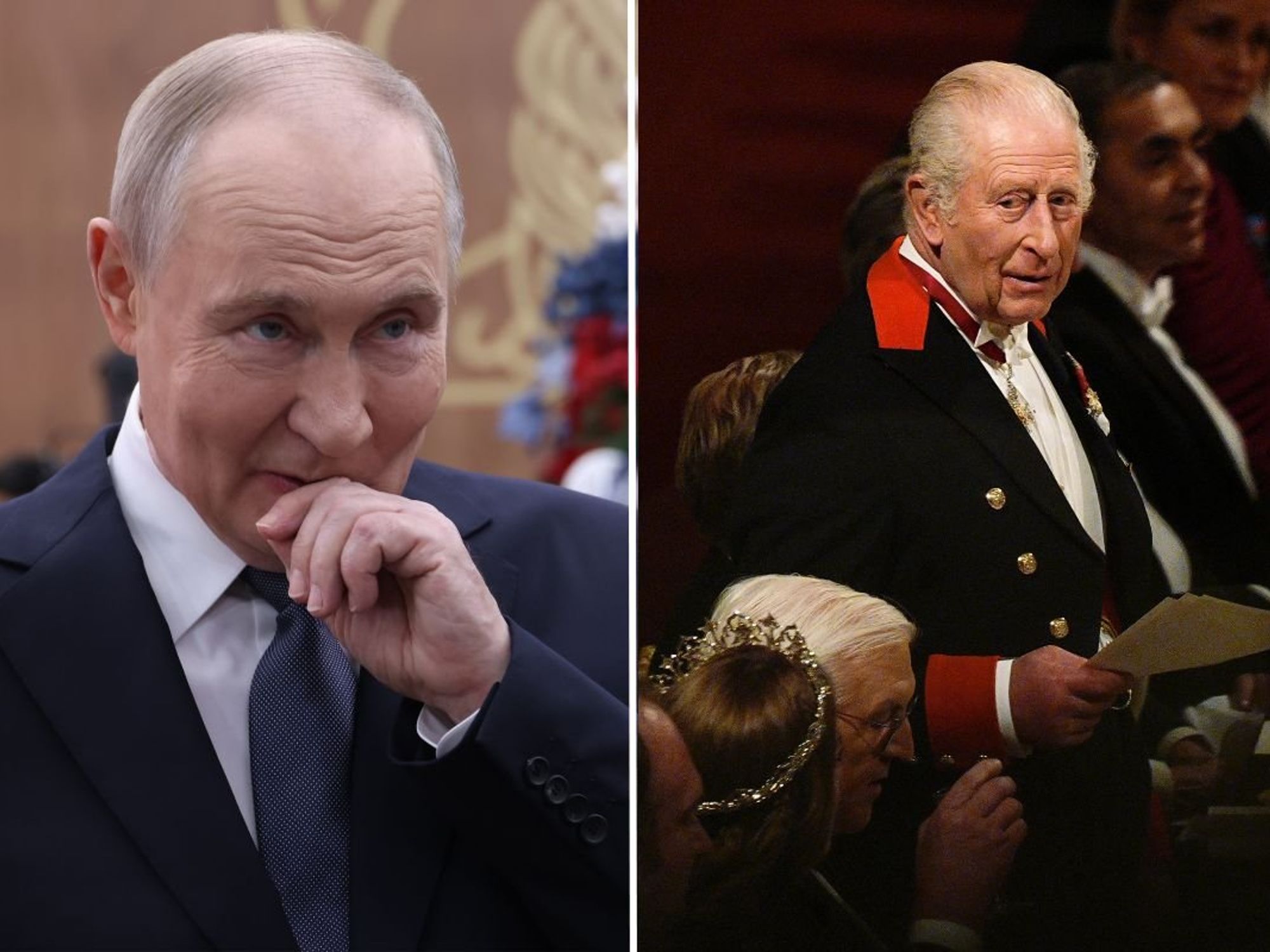Trudeau to use emergency powers to quell Canada’s Covid protests

The prime minister met virtually with the leaders of Canada’s provinces and plans to address the nation later.
Don't Miss
Most Read
Canadian Prime Minister Justin Trudeau has decided to invoke emergency powers to quell protests by demonstrators who have paralysed Ottawa and blocked border crossings in anger over the country’s Covid-19 restrictions, a senior government official said.
The prime minister met virtually with the leaders of Canada’s provinces and plans to address the nation later.
The senior government official who confirmed Mr Trudeau’s decision said emergency powers would be invoked for all of Canada.
For more than two weeks, hundreds and sometimes thousands of protesters in trucks and other vehicles have clogged the streets of the capital, protesting against vaccine mandates for truckers and other Covid-19 precautions and condemning Mr Trudeau’s Liberal government.
Members of the self-styled Freedom Convoy have also blockaded various US-Canadian border crossings, though the busiest and most important — the Ambassador Bridge connecting Windsor, Ontario, to Detroit — was reopened on Sunday after police arrested the last of the demonstrators and broke the nearly week-long siege that had disrupted car production in both countries.
In recent days, Mr Trudeau had rejected calls to use the military but said “all options are on the table” to end the protests, including invoking the Emergencies Act, which gives the government broad powers.
In other developments, the Royal Canadian Mounted Police said they arrested 11 people at the blockaded border crossing at Coutts, Alberta, opposite Montana, after learning of a cache of guns and ammunition.
Police said a small group within the protest was said to have a “willingness to use force against the police if any attempts were made to disrupt the blockade”. Authorities seized 13 long guns, handguns, sets of body armour, a machete, a large quantity of ammunition and high-capacity magazines.
Alberta premier Jason Kenney also said protesters in a tractor and a heavy-duty truck tried to ram a police vehicle at Coutts on Sunday night and fled.
“This is extremely concerning,” he said. “There is, at least in that case, a small cell of people who wanted to take this in a very dangerous and dark direction.”
But Mr Kenney said he told Mr Trudeau it would not be a good idea to enact emergency measures in his province, adding: “I am concerned that there is a certain kind of person, if the federal government proceeds with this, who will be further inflamed.”
Over recent weeks, authorities have hesitated to move against the protesters around the country. Local officials cited a lack of police manpower and fears of violence, while provincial and federal authorities disagreed over who had responsibility for quelling the unrest.
Invoking the Emergencies Act would allow the federal government to declare the Ottawa protest illegal and clear it out by such means as towing vehicles. It would also enable the government to make greater use of the Mounties, the federal police agency.
An earlier version of the Emergencies Act, called the War Measures Act, was used once during peacetime, by Mr Trudeau’s late father PM Pierre Trudeau, to deal with a militant Quebec independence movement in 1970.
The demonstrations have inspired similar convoys in France, New Zealand and the Netherlands. US authorities have said that truck convoys may be in the works in the United States.
Also on Monday, Ontario premier Doug Ford announced that on March 1, Canada’s most populous province will lift its requirement that people show proof of vaccination to get into restaurants, restaurants, gyms and sporting events.
The surge of cases caused by the Omicron variant has crested in Canada.
Mr Ford said he would support Trudeau’s government if it proposed further measures to quell the protests.
“We need law and order. Our country is at risk now. It’s not just happening here in Ottawa, but it’s happening in Alberta and British Columbia,” he said. “We won’t accept it.”
Police in Windsor arrested 25 to 30 protesters and towed several vehicles on Sunday near the Ambassador Bridge. The span, which carries 25% of trade between the two countries, reopened to traffic late on Sunday night.











